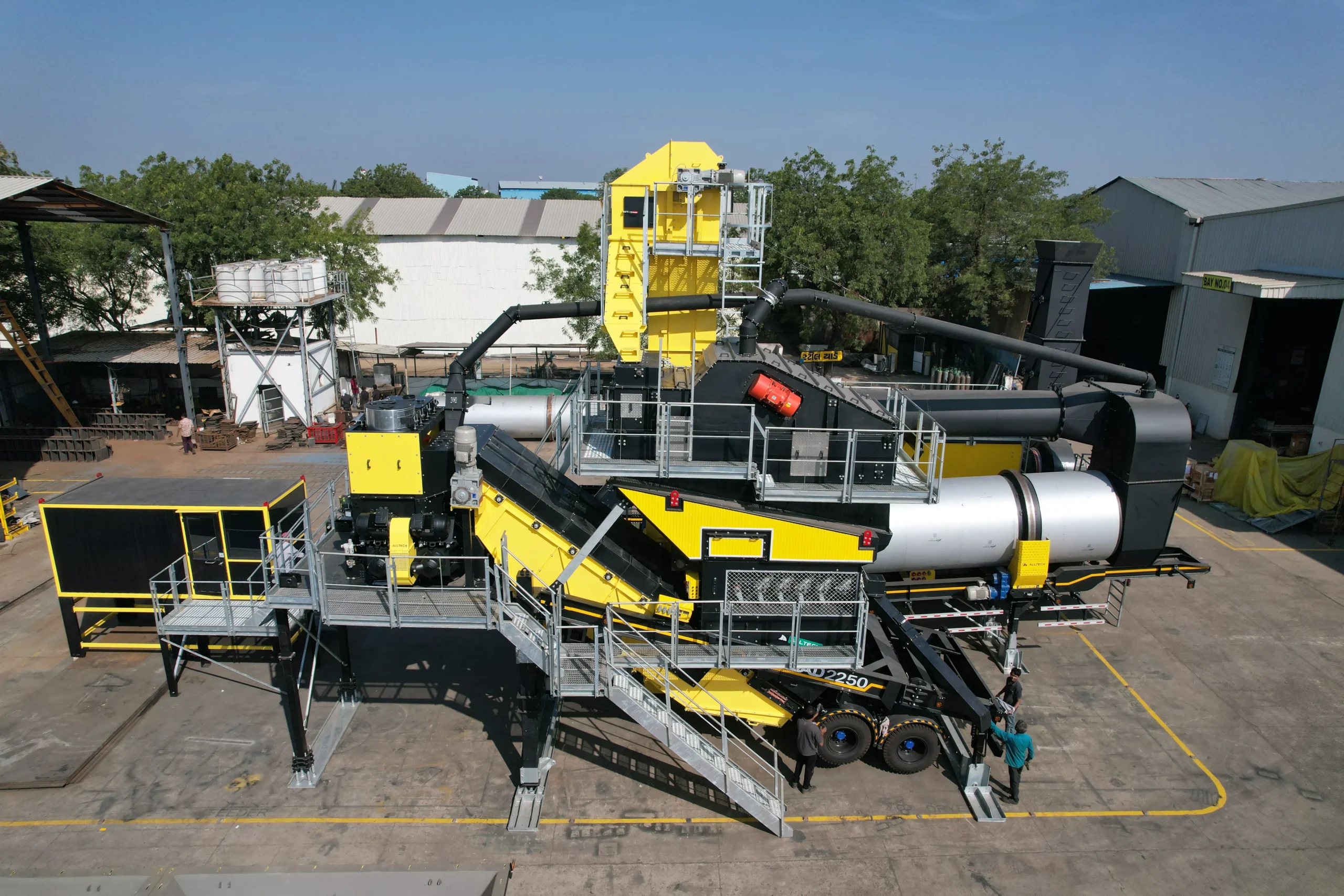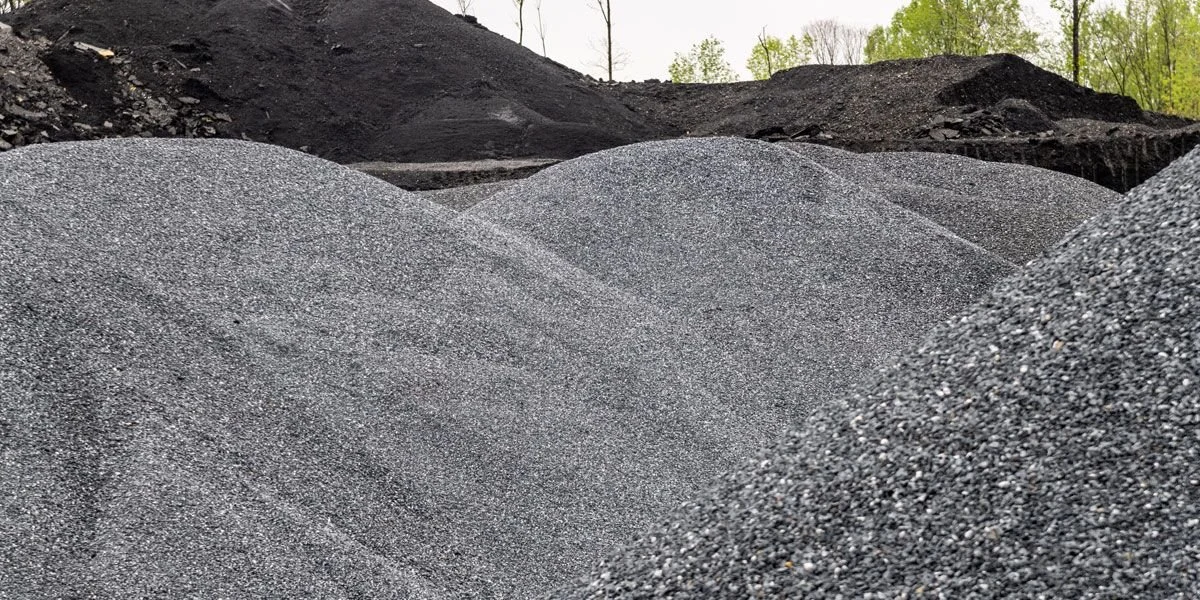The Ultimate Guide to Asphalt Batch Mix Plant: How It Works and Why It’s Important
Asphalt plays a pivotal role in modern infrastructure. From national highways and airport runways to local streets, parking lots, and driveways, this material forms the backbone of road construction projects around the world. At the center of this essential process lies the asphalt batch mix plant—a cutting-edge facility engineered for precision, consistency, and reliability. Whether you’re a contractor, developer, engineer, or decision-maker in the public or private sector, understanding how an asphalt batch mix plant in India operates and why they matter is critical for long-term success in the строительство дорог industry.
What is an Asphalt Batch Mix Plant?
An asphalt batch mix plant is a technologically advanced manufacturing unit designed to produce asphalt in precise, pre-measured batches. Unlike drum mix plants that produce asphalt continuously, batch mix plants operate in cycles, which allows for better control over the quality and composition of the asphalt mix.
The batching process enables contractors to tailor asphalt mixes according to specific project requirements—adjusting for temperature resistance, load-bearing capacity, and noise reduction, among others. This customization is particularly beneficial in projects involving highways, bridges, airports, and high-traffic roads where durability and performance are non-negotiable.
Key components of an asphalt plant include cold aggregate feeders, a drying drum, hot aggregate elevator, vibrating screens, hot bins, mixing tower, bitumen tanks, a dust collection system, and an advanced control panel that fully automates operations.
How Does an Asphalt Batch Mix Plant Work?
The working mechanism of an asphalt batch mix plant follows a step-by-step process that is optimized for both performance and precision:
- Aggregate Feeding: Aggregates of different sizes are loaded into cold feed bins using loaders. Each bin is equipped with a variable speed drive to control the flow rate and ensure correct proportions.
- Drying and Heating: The raw aggregates are conveyed to the drying drum, where they are exposed to high temperatures to remove moisture. The use of energy-efficient burners (diesel, LDO, or coal-fired) ensures uniform heating.
- Screening and Storage: Heated aggregates are carried via a hot elevator to a set of vibrating screens, where they are separated into different sizes. These are stored in hot bins for controlled release.
- Weighing and Mixing: Specific quantities from each hot bin are weighed and discharged into the mixing unit, where they are combined with heated bitumen and mineral filler. This controlled mixing cycle ensures a consistent asphalt output.
- Storage and Loading: The final asphalt mix is stored in insulated hot storage silos or directly loaded into trucks for dispatch to the paving site.
This batching process allows for maximum flexibility, superior mix accuracy, and compliance with strict quality control standards.
Why Asphalt Batch Mix Plants Are So Important
Asphalt batch mix plants are indispensable for infrastructure projects that demand high-quality asphalt and adherence to specific engineering standards. Their benefits go beyond just production:
- Custom Mix Design: Allows for unique formulations to meet specific road construction needs.
- Environmental Compliance: Modern plants include advanced dust collection systems and support RAP (Reclaimed Asphalt Pavement) integration, which promotes sustainable road building.
- Operational Efficiency: Fully automated control panels minimize human error, boost safety, and ensure consistent output.
- Enhanced Productivity: Fast processing cycles mean timely project completion, reducing overhead costs and project delays.
- Long-Term Performance: Better-quality asphalt leads to longer-lasting roads and lower maintenance costs.
How to Choose the Right Asphalt Batch Mix Plant
Selecting the right asphalt plant depends on various factors that align with your project’s scale, budget, and technical requirements.
Key Considerations:
- Production Capacity: Ranges from 80 TPH to over 320 TPH, suitable for small to mega-scale projects.
- Mobility: For temporary or remote sites, opt for a mobile asphalt batch mix plant that offers quick setup and relocation.
- Fuel Type: Choose between diesel, LDO, or coal depending on availability and cost-efficiency.
- Automation Level: Plants with SCADA-based or PLC-controlled systems offer real-time monitoring, diagnostics, and efficiency optimization.
- Sustainability Features: Look for RAP support, eco-foam systems for warm mix asphalt, and energy-saving burners.
Choosing the right configuration ensures long-term return on investment (ROI) and helps deliver high-performance roadways.
Batch Mix vs. Drum Mix Asphalt Plants
Understanding the distinction between these two plant types is essential when planning your project:
| Feature | Batch Mix Plant | Установка смешивания в барабане |
| Process Type | Cyclical (Batch) | Continuous |
| Mix Quality | High precision and flexibility | Basic, less flexible |
| Ideal For | Custom mixes, critical projects | Mass production, simple applications |
| Стоимость | Slightly higher operational cost | Lower operational cost |
| Энергоэффективность | Moderate | High |
While drum mix plants are suitable for projects needing large quantities of basic asphalt quickly, batch mix plants are ideal for projects requiring stringent quality control and mix versatility.
Maintenance and Best Practices
Proper maintenance of your asphalt batch mix plant is critical to ensure uninterrupted production and extended equipment lifespan. Follow these best practices:
- Regularly clean the mixer, dryer drum, and filter units
- Calibrate weighing systems for accuracy
- Check burner performance and fuel pressure
- Adhere to all operational safety protocols
- Inspect conveyor belts, elevators, and sensors
- Monitor emissions and maintain dust collectors
Scheduled maintenance reduces downtime, enhances safety, and ensures consistent mix quality.
Applications and Industries Using Asphalt Batch Mix Plants
These plants cater to a broad spectrum of clients across the road and civil construction industry:
- National and State Highway Authorities
- Airport Construction Authorities
- Municipal Road Departments
- Toll Contractors
- Industrial Zone Developers
- Private Infrastructure Companies
From rural roads to urban expressways, these plants are vital in meeting diverse infrastructure goals.
Future Trends in Asphalt Batch Mix Plants
Сайт asphalt industry is embracing innovation to meet environmental standards and increase operational efficiency:
- AI-Powered Predictive Maintenance: Reduces unplanned downtime and improves reliability.
- IoT-Enabled Monitoring Systems: Provide real-time data on plant performance and fuel consumption.
- High RAP Compatibility: Supports cost-effective, sustainable paving solutions.
- Eco Foam Technology: Enables production of warm mix asphalt with reduced emissions and energy usage.
- Modular Designs: Offer scalability and easier upgrades in future.
Staying updated with these trends ensures your plant remains competitive and environmentally compliant.
Final Thoughts
Сайт asphalt batch mix plant is more than just a machine—it’s a critical asset for building durable, safe, and sustainable roads. With capabilities for custom mix production, automation, and environmentally responsible operations, these plants are transforming the landscape of road construction.
Whether you’re involved in government-funded highways or private infrastructure projects, investing in the right asphalt plant can significantly enhance your productivity, profitability, and quality of output.





